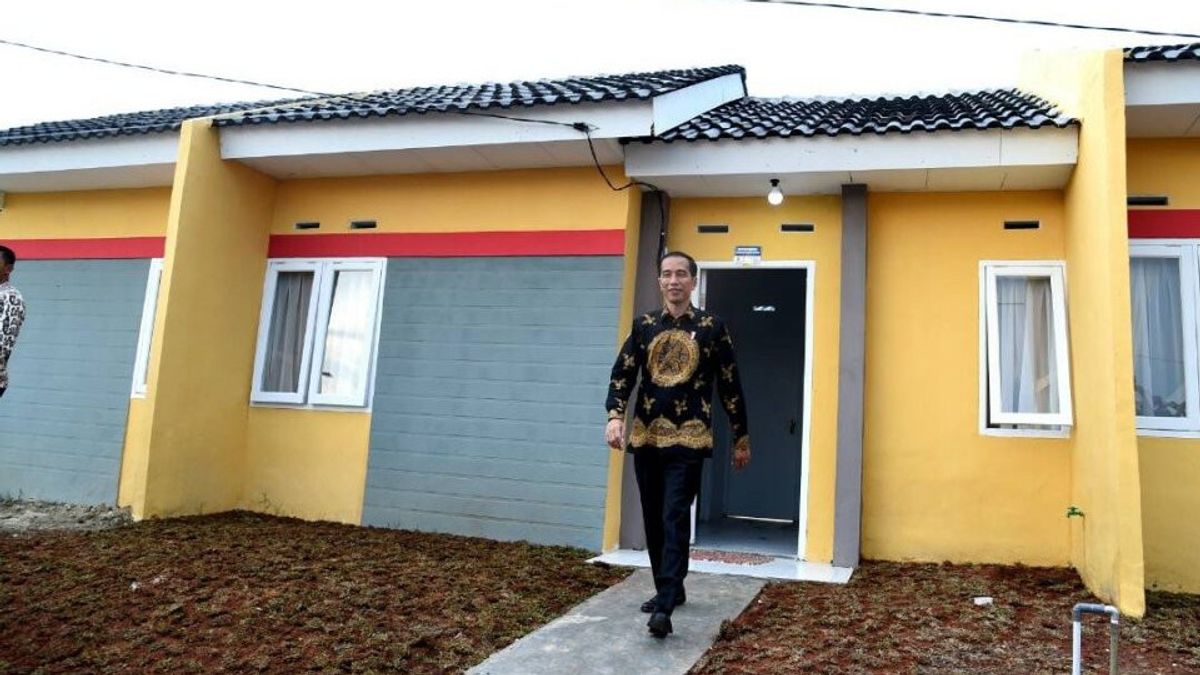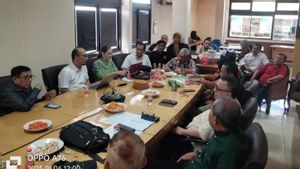Coordinating Minister for the Economy Airlangga Hartarto said that the government pays great attention to the availability of decent housing for the community, especially those categorized as low income.
According to him, the strategic effort made to make this happen is to encourage the acceleration of basic licensing services for the property industry.
It was stated that a number of policies had been released, such as the Loan to Value (LTV) and Financing to Value (FTV) regulations of 100 percent for property loans which were valid until December 31, 2023. Then, the Value Added Tax (VAT) incentive policy was borne by the government (DTP) which was given during the pandemic.
"In order to help low-income people (MBR) to obtain decent housing and to provide subsidies for these residences, the government has issued a regulation of the minister of finance regarding the increase in the sale of special MBR houses which are currently in the process of harmonization," he said when delivering a press statement quoted on Tuesday, April 11.
Airlangga explained that the revision of the regulations regarding the price limit for subsidized houses was carried out in line with the issuance of Government Regulation Number 49 of 2022 concerning VAT Exemption.
"This is a follow-up to the enactment of Law Number 7 of 2021 concerning Harmonization of Tax Regulations," he said.
To note, the property industry has been able to prove itself to be one of the leading sectors capable of driving the Indonesian economy.
Currently, the property industry in Indonesia is no longer just a real estate and housing, but also includes commercial/superblock areas, Transit Oriented Development (TOD), industrial estates, Special Economic Zones, and tourism areas.
Based on the housing backlog in the 2020 Susenas data, families who do not yet have a home still reach 12.7 million. This figure has the potential to increase in line with the growth of new households which are estimated to reach 700,000-800,000 families every year.
"For this reason, the implementation of the new urban development needs to be integrated into urban management policies with efficient use of land, integrated transportation systems, and the provision of decent and comfortable public facilities," said Airlangga.
Meanwhile, the post-pandemic property sector has opened up job opportunities for people in various sectors and mobilized at least 175 multiplier effects.
In addition, the rise of housing lines also increased the use of domestic components and accelerated national economic growth. This is evidenced by the growth of Indonesia's economy in 2022 of 5.31 percent.
The English, Chinese, Japanese, Arabic, and French versions are automatically generated by the AI. So there may still be inaccuracies in translating, please always see Indonesian as our main language. (system supported by DigitalSiber.id)













